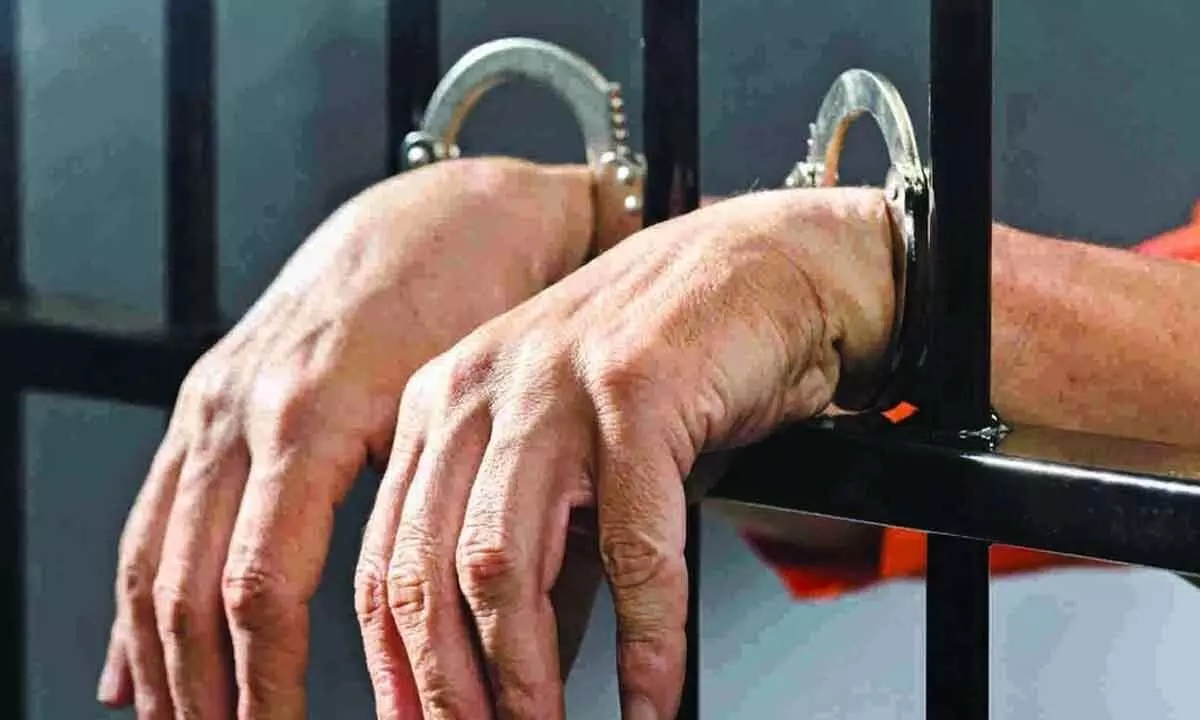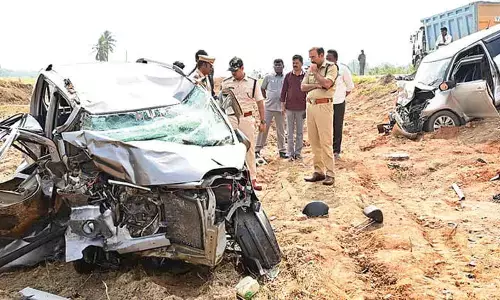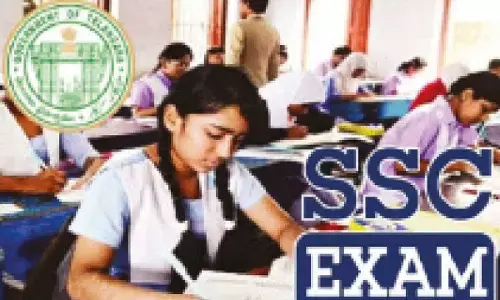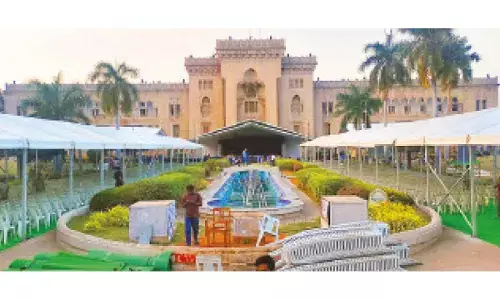9,600 children jailed in adult prisons between 2016 and Dec 2021

New Delhi: More than 9,600 children were wrongly incarcerated in adult prisons across India between January 1, 2016, and December 31, 2021, a new study has found.
The data for the study -- “Incarceration of Children in Prisons in India” -- was obtained under the Right to Information (RTI) Act. The study by legal rights body iProbono sheds light on a deeply concerning issue affecting the juvenile justice system in India.
The data indicates that at least 9,681 children were wrongly incarcerated in adult prisons between January 1, 2016, and December 31, 2021.
“This means an average of over 1,600 children were transferred out of prisons across the country every year,” the study said, referring to the children identified by Juvenile Justice Boards (JJB) and moved to juvenile homes from adult jails. This figure was ascertained on the basis of responses to RTI requests by 285 district and central prisons out of a total of 570.
“This also does not include the 749 other prisons from which we did not request data, including sub jails, women’s prisons, open prisons, special prisons, borstal schools and other prisons. It also, as previously mentioned, only includes those who were successfully identified and transferred, not all those who were juveniles at the time of their alleged offence, including those identified by prison visitors, families or through self-identification,” it said.
Several states failed to adequately respond to enquiries, with notable non-compliance from Madhya Pradesh, West Bengal, Nagaland and the Union Territory of Ladakh. Among the states that responded, the study said the figures reveal alarming patterns.
With a response rate -- jails that provided data -- of 71 per cent, Uttar Pradesh reported that 2,914 children were transferred from prisons to juvenile homes. However, the data indicates discrepancies, with some prisons showing high numbers of detained children despite no visits from JJBs.
In Bihar, where 34 per cent of prisons responded, 1,518 children were transferred out of adult jails. Instances were noted of more children being identified by JJBs than those transferred.
Madhya Pradesh provided no data despite repeated appeals under the RTI Act. West Bengal also provided no data.
Responses from 35 per cent of prisons in Maharashtra revealed that only 34 children were transferred, significantly lower than those identified by JJBs.
The study found that Delhi demonstrated a highly organised approach to juvenile justice, with clear directives from Delhi High Court aimed at preventing the incarceration of children in adult facilities.
Haryana -- where data was provided by 90 per cent of prisons -- transferred 1,621 children, correlating well with the number identified during JJB visits.
In Rajasthan, 108 children were transferred, according to data from 51 per cent of its prisons, with a notable lack of information on children identified during JJB visits. Chhattisgarh transferred 159 children, data from 44 per cent of its jails showed, revealing disparities in JJB visitation patterns across prisons.
Jharkhand transferred 1,115 children, also highlighting discrepancies in JJB visitations and identification practices, with 60 per cent of its prisons responding to RTI queries for the study.
Prisons in Odisha and Tamil Nadu demonstrated extremely low response rates to the queries, with no children reported to have been transferred from prisons to juvenile homes.
The report relied on data obtained under Section 6 of the RTI Act, which pertains to the Request for Obtaining Information.
Between April 2022 and March 2023, 124 RTI applications were filed across 28 states and two Union Territories, primarily directed to Prison Headquarters, except for Uttar Pradesh and Chhattisgarh, where applications were filed in each district and central jail at the directions of the Prison Headquarters.
The data excludes the Union Territory jurisdictions of the Andaman and Nicobar Islands, Dadra and Nagar Haveli and Daman and Diu, and Lakshadweep due to the absence of district and central jails there.







